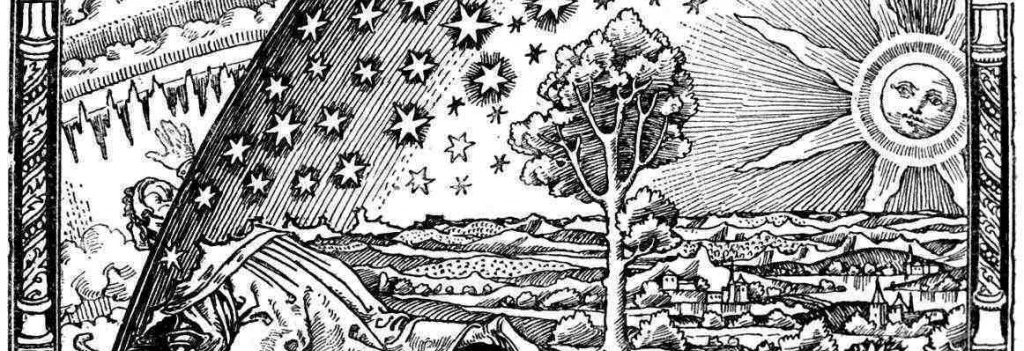Howl of the Day: Feb 17, 2016
Moral intuition is a strange thing. When faced with a moral dilemma we often have a gut feeling that something is right or wrong. This feeling of certainty often disappears under scrutiny (remember the trolley problem!), but still we incline towards one or another course of action.
But what about problems where we don’t have a gut feeling of right or wrong? The Oxford academic philosopher, John Broome, posited that these cases reveal a different sort of moral intution: the intuition of neutrality. Indeed, in his article Should We Value Population, the then White’s Professor of Moral Philosophy argues that an intuition that a certain course of action is “ethically neutral” is in fact our “commonest” intuition:
The intuition of neutrality is not merely an intuition we happen to have. It is deeply embedded in the way we think about value and the way we form our moral judgements. We generally simply ignore the effects of our actions on the world’s population, even when the effects are perfectly predictable. This can only be because of the intuition that they are ethically neutral.
Of course, the alleged discovery of new faculties to describe the conditions of human experience, rather than just beginning naturally, by working through the experiences themselves, is at least as old as the academic philosopher, Immanuel Kant, if not much older. And the demands for publication and innovation in the contemporary university certainly augment this tendency to produce novel technical jargon.
By the “intuition of neutrality”, Broome really just means the experience of a moral problem the solution to which is not immediately self-evident. And his framing questions, “what good does it do you to continue living?’, and, “what harm would it do you to die now?”, are hilariously awkward.
Both in terms of the questions themselves, as well as what follows, the reader would be best advised to revisit Hamlet’s famous soliloquy, beginning with the question, “To be or not to be?”. Hamlet is not just more parsimonious, elegant, and humane, in his manner of speech than Broome, he also does not suppose (as Broome does) that he can know with certainty what happens or does not happen after death. Furthermore, Hamlet does not actually deny that something in life itself is intrinsically worthwhile, nor does he suggest that having children is a matter to which human beings are “neutral”. Both of these are gems that Broome derives in the course of his abstract inquiry.










Leave A Comment